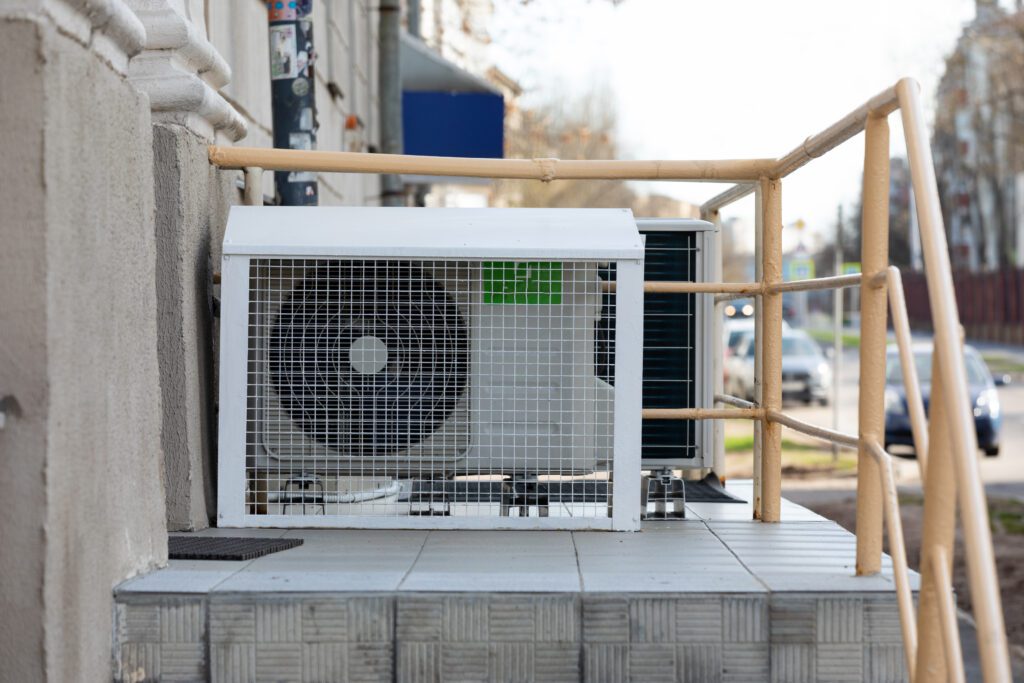Regular HVAC maintenance is crucial for ensuring the optimal performance and longevity of your heating, ventilation, and air conditioning systems. By understanding the basic components and functioning of HVAC systems, as well as the key elements of maintenance, you can enhance efficiency, prevent unexpected breakdowns, and enjoy improved indoor air quality.
Understanding HVAC Systems
Before diving into the importance of regular maintenance, it is essential to have a basic understanding of how HVAC systems work.
Heating, ventilation, and air conditioning (HVAC) systems are integral to maintaining a comfortable and healthy indoor environment. These systems are designed to regulate temperature, humidity, and air quality in residential, commercial, and industrial buildings.
Basic Components of HVAC Systems
HVAC systems consist of several key components, each serving a specific function to ensure optimal performance. The primary components include a furnace or heat pump, air conditioner, ductwork, thermostat, and air filter. The furnace or heat pump is responsible for heating the air, while the air conditioner cools it. Ductwork acts as a pathway for air distribution, and the thermostat allows users to control the system’s settings. Additionally, the air filter plays a crucial role in maintaining indoor air quality by capturing dust, allergens, and other particles.
Furthermore, modern HVAC systems may also incorporate advanced technologies such as zoning systems, humidifiers, and UV air purifiers to enhance comfort and efficiency.
How HVAC Systems Work
HVAC systems operate through a series of interconnected processes to achieve the desired indoor climate. The system begins by drawing in air from the surrounding space, which is then filtered to remove impurities. Depending on the temperature settings, the air is either heated or cooled using the furnace or air conditioner. Once conditioned, the air is circulated throughout the building via the ductwork, reaching every room to maintain consistent comfort levels.
The thermostat acts as the brain of the HVAC system, allowing users to set their preferred temperature and schedule. Some thermostats are equipped with smart technology, enabling remote access and programmable features for energy efficiency.
The Role of Regular Maintenance in HVAC Systems
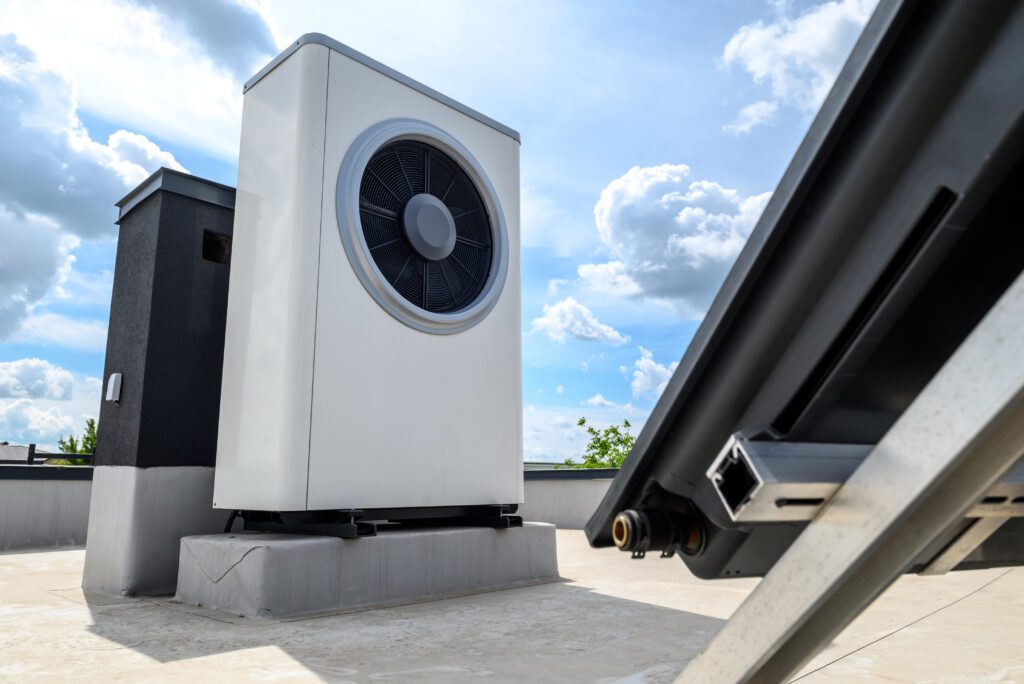
Regular maintenance is the key to keeping your HVAC systems running efficiently and effectively. By investing in routine upkeep, you can maximize performance and minimize unnecessary expenses.
Ensuring that your HVAC system receives regular maintenance is akin to giving it a well-deserved spa day. Just like how a massage can rejuvenate tired muscles, cleaning filters, lubricating moving parts, and inspecting electrical connections can revitalize your HVAC system, allowing it to operate at its peak performance.
Enhancing Efficiency and Performance
A well-maintained HVAC system operates at peak efficiency, reducing energy consumption and lowering utility bills. Regular maintenance includes tasks like cleaning filters, lubricating moving parts, and inspecting electrical connections, effectively optimizing performance.
Imagine your HVAC system as a finely tuned orchestra, with each component playing its part harmoniously. With regular maintenance, you ensure that every instrument in this symphony is in tune, creating a beautiful melody of efficiency and performance that resonates throughout your home.
Preventing Unexpected Breakdowns
Regular maintenance also helps identify and address potential issues before they escalate into major problems. By catching minor faults early on and conducting necessary repairs or replacements, you can avoid sudden breakdowns and costly emergency repairs.
Think of regular maintenance as a proactive shield that guards your HVAC system against unexpected breakdowns. By conducting routine check-ups and preemptive fixes, you fortify your system’s resilience, ensuring that it stands strong against the turbulent winds of wear and tear.
Key Elements of HVAC Maintenance
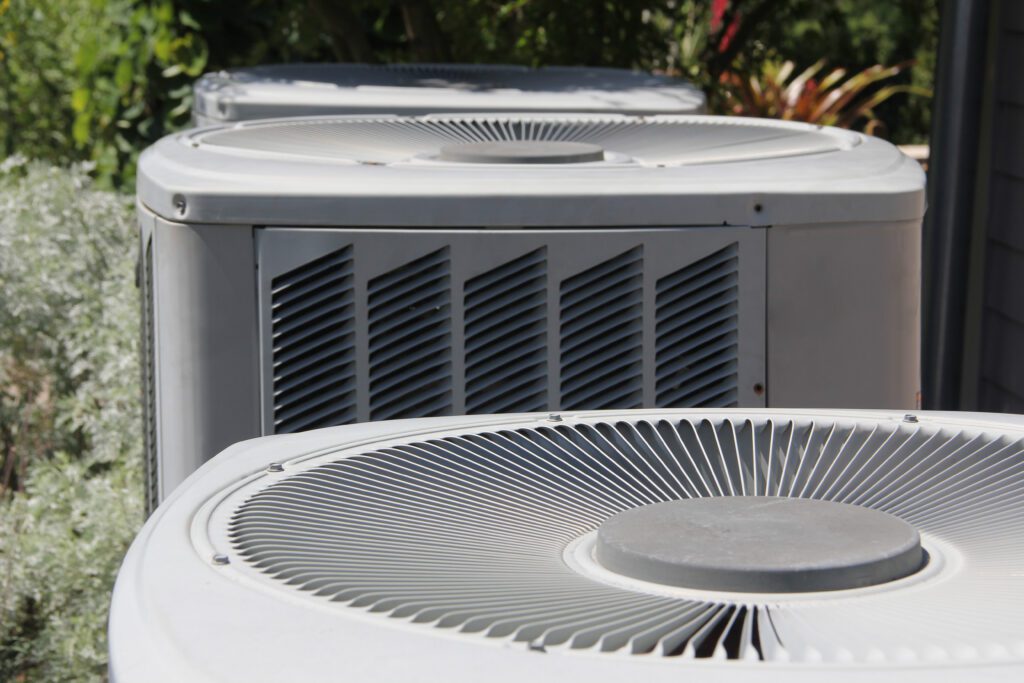
Several essential elements make up a comprehensive HVAC maintenance routine. By focusing on these areas, you can keep your system operating at its best and extend its lifespan.
Cleaning and Replacing Filters
Dirty or clogged filters hinder airflow and reduce the system’s efficiency. Regularly cleaning or replacing filters not only improves indoor air quality but also prevents strain on the HVAC unit.
Checking and Sealing Ductwork
Leaky ducts can lead to significant energy losses and inefficient heating or cooling. Regular inspections and sealing of ductwork help maintain proper airflow, improve comfort, and save energy.
Inspecting and Cleaning Coils
Condenser and evaporator coils can accumulate dirt and debris over time, compromising heat transfer efficiency. Regular inspection and cleaning of these coils enhance system performance and prevent breakdowns.
Calibrating Thermostat Settings
Ensuring that your thermostat is calibrated correctly is crucial for maintaining a comfortable indoor environment and optimizing energy usage. Incorrect thermostat settings can lead to temperature inconsistencies and increased energy consumption. Regularly checking and adjusting the thermostat settings can help improve overall system efficiency.
Lubricating Moving Parts
Proper lubrication of the HVAC system’s moving parts, such as motors and bearings, is essential for reducing friction and wear. Lack of lubrication can cause components to work harder, leading to premature failure and increased energy consumption. Regularly lubricating these parts as part of your maintenance routine can help prolong the life of your system.
The Impact of Neglected HVAC Maintenance
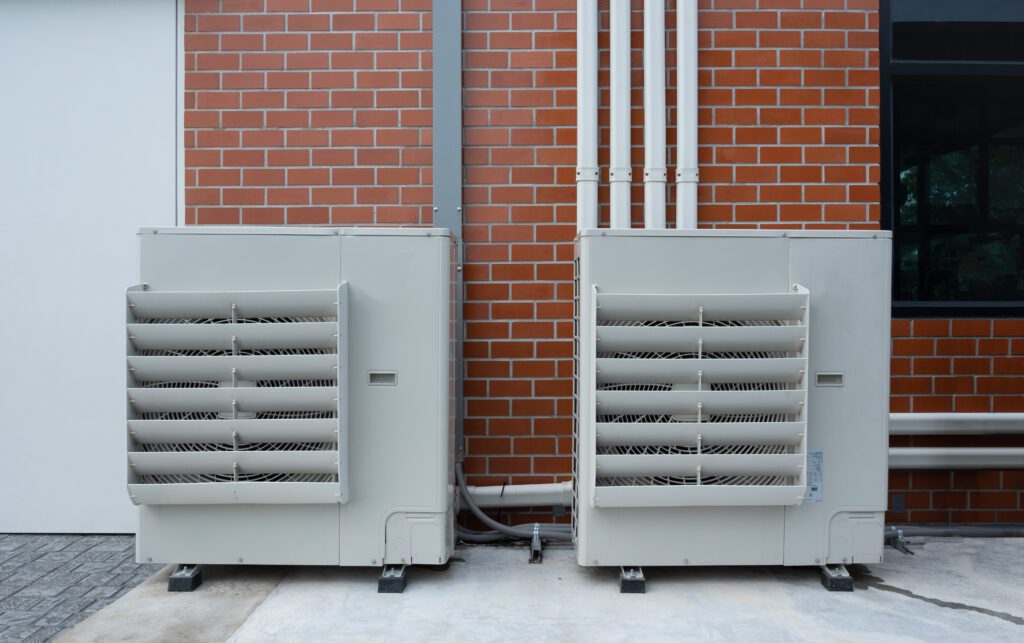
Failure to prioritize regular HVAC maintenance can have significant consequences for your comfort, health, and finances.
Proper HVAC maintenance involves more than just changing filters; it includes inspecting and cleaning various components of the system. One crucial aspect is checking the refrigerant levels in your air conditioner to ensure optimal performance. Low refrigerant levels not only reduce cooling efficiency but can also cause damage to the compressor, leading to costly repairs.
Increased Energy Consumption
When HVAC systems are not properly maintained, they have to work harder to achieve the desired temperature, resulting in increased energy consumption. This leads to higher energy bills and a larger carbon footprint.
Inefficient HVAC systems not only consume more energy but also struggle to maintain consistent temperatures throughout your space. This can result in hot and cold spots, making certain areas uncomfortable while overworking the system in others, further increasing energy usage.
Shortened Equipment Lifespan
Neglecting maintenance can significantly shorten the lifespan of your HVAC equipment. Regular upkeep ensures that all components are in good condition, reducing the risk of premature failures and the need for costly replacements.
Regular maintenance not only extends the lifespan of your HVAC equipment but also helps maintain its efficiency over time. Components like the blower motor and condenser coils need to be cleaned and lubricated to prevent wear and tear, ensuring your system operates smoothly for years to come.
Poor Indoor Air Quality
Without regular maintenance, HVAC systems may accumulate dust, allergens, and mold, which can pollute the indoor air quality of your home or office. This can lead to respiratory issues, allergies, and other health problems.
Over time, neglected HVAC systems can become breeding grounds for bacteria and mold, circulating these harmful particles throughout your indoor space. Professional maintenance not only improves air quality but also reduces the risk of respiratory issues, creating a healthier environment for you and your family.
Professional vs. DIY HVAC Maintenance
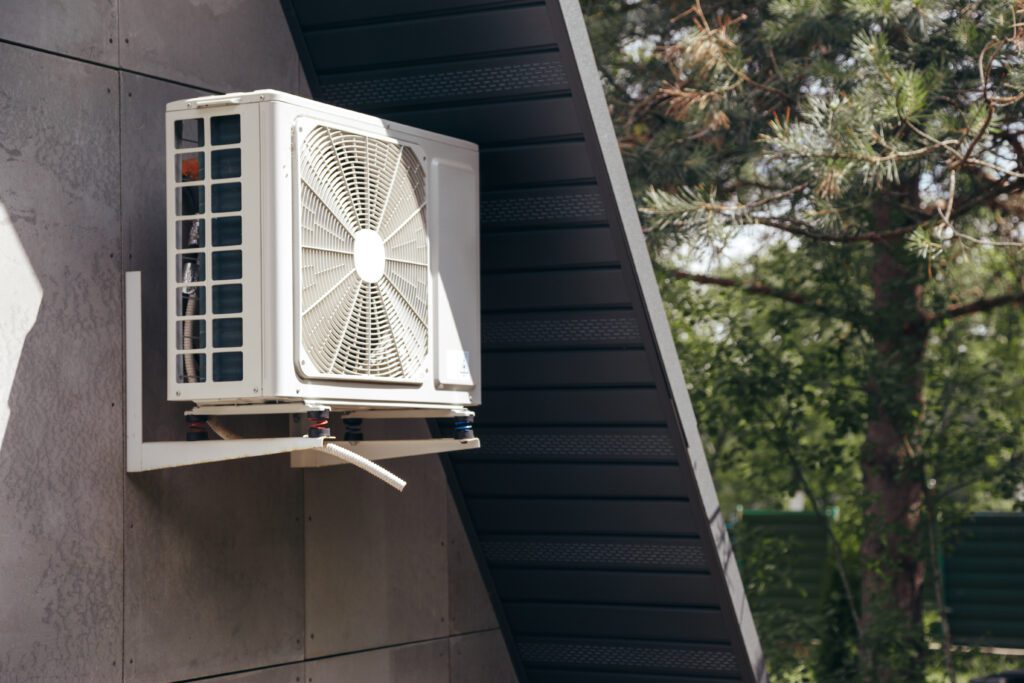
While many maintenance tasks can be done by homeowners themselves, it is essential to know when to seek professional assistance. Understanding the distinction between tasks suitable for DIY and those requiring professional expertise can help maintain the efficiency and longevity of your HVAC system.
When it comes to HVAC maintenance, a proactive approach is key. Regular upkeep not only ensures optimal performance but also helps prevent costly breakdowns and extends the lifespan of your system. By combining DIY tasks with professional maintenance, you can create a comprehensive care plan for your HVAC system.
When to Call a Professional
Complex tasks such as electrical work, refrigerant refills, and major repairs should always be entrusted to trained HVAC technicians. These tasks require specialized knowledge and equipment to be completed safely and effectively. Professional technicians can diagnose issues accurately, offer tailored solutions, and ensure that your HVAC system operates at peak performance.
Additionally, scheduling annual maintenance with a certified HVAC technician can help identify potential problems early, preventing major malfunctions down the line. Professional maintenance often includes thorough inspections, cleaning of internal components, and adjustments to optimize system efficiency.
Maintenance Tasks You Can Do Yourself
Homeowners can perform some maintenance tasks to supplement professional services. Simple tasks such as regularly replacing filters, cleaning vents, and ensuring the outdoor unit is clear of debris can improve air quality and system efficiency. Following the manufacturer’s guidelines and consulting reliable resources will ensure you carry out these tasks correctly.
DIY maintenance not only helps keep your HVAC system running smoothly between professional visits but also allows you to stay proactive in caring for your investment. By staying informed about your system’s needs and performing basic maintenance tasks, you can contribute to its longevity and performance.
Conclusion
In conclusion, regular HVAC maintenance is crucial for maintaining the efficiency, performance, and lifespan of your HVAC systems. By investing in routine upkeep and addressing minor issues promptly, you can save on energy costs, avoid unexpected breakdowns, and ensure a healthy indoor environment. While some tasks can be done by homeowners, it is essential to seek professional help for complex maintenance and repairs. Take care of your HVAC systems, and they will take care of you and your comfort for years to come.

